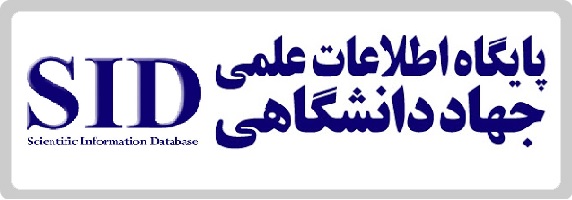بررسی و تحلیل نسبت خودآگاهی با مبانی متافیزیکی در فلسفه ابنسینا
کلمات کلیدی:
ابنسینا, خودآگاهی, تمایز وجود و ماهیت, انیت, دکارتچکیده
مسأله خودآگاهی یکی از مهمترین مسائلی است که فلاسفه در طول تاریخ با رویکردهای مختلفی به آن پرداختهاند. ابنسینا از جمله اولین فیلسوفانی است که با رویکردی فلسفی و نه صرفاً اخلاقی- دینی این بحث را مطرح میکند. او در انسان معلق در فضا، موقعیتی شهودی را فراروی ما قرار میدهد. بسیاری از ابنسیناپژوهان با مقایسه انسان معلق در فضای ابنسینا و کوجیتوی دکارت سعی کردهاند تا بین این دو، نوعی قرابت نشان دهند و حتی برخی با تتبع در پیشینه تاریخی کوجیتوی دکارت، بر تأثیر غیرمستقیم انسان معلق در فضای ابنسینا بر کوجیتوی دکارت تأکید دارند. ما در این مقاله نشان میدهیم که انسان معلق در فضای ابنسینا ارتباطی وثیق با مهمترین مبنای هستیشناختی فلسفه وی، یعنی تمایز متافیزیکی وجود و ماهیت دارد و از این منظر ابنسینا توانسته است ساحتی از «خود» را فراروی ما قرار دهد که تا پیش از وی به آن توجهی نشده بود؛ ساحتی که ابنسینا از آن به انیت یاد میکند و آن را در مقابل ماهیت قرار میدهد و ما آن را ساحت وجودی مینامیم. از آنجا که در فلسفه دکارت ما با چنین تمایزی بین ساحت وجود و ماهیت در ذات خودآگاه مواجه نمیشویم؛ لذا میتوان گفت ابنسینا در تحلیل خودآگاهی از دکارت فراتر رفته است.





